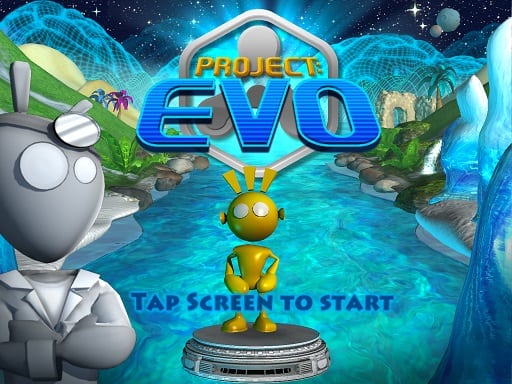
Digital software shows benefit in ADHD trial
pharmafile | October 30, 2015 | News story | Medical Communications | ADHD, Akili, PureTech Health, attention deficit hyperactivity disorder, digital tech
A pilot study of a digital health technology designed to improve symptoms of attention deficit hyperactivity disorder (ADHD) in children suggests the program is feasible and safe.
The product, called Project: EVO, is made by Akili, a company founded by PureTech Health that creates cognitive therapeutics, assessments, and diagnostics designed to feel like high-quality video games. Project: EVO, the ADHD therapy, is its lead candidate.
The study of Project: EVO, which was created with the aid of investment from Shire and a strategic partnership with Pfizer, demonstrated that Project: EVO improved attention, inhibition and working memory in children with ADHD.
The therapeutic computer game is played on tablet devices, and represents a different approach to treatment of ADHD, moving away from drugs toward so-called ‘digital intervention’ to aid those with the condition.
The mechanics are designed to directly target an individual’s ability to process ‘cognitive interference’ – specifically, the ability to deal with multiple sources of sensory information. Researchers say the technique has the potential to improve higher-order executive functions such as problem solving, working memory, and self-regulation.
The Project: EVO platform targets cognitive interference processing while also adapting difficulty automatically in real-time, allowing individuals of wide-ranging ability levels to interact with the product without the need for physician calibration.
The Akili-001 pilot study tested Project: EVO with 80 children aged eight to 12 years, 40 of whom were diagnosed with ADHD and not taking a medication, and 40 of whom had no diagnosis.
They played the computer game every 30 minutes a day, five times a week over four weeks. The study aimed to confirm the feasibility and safety of using the therapy at home, as well as measure the difference in baseline attentional functioning between the two groups. Exploratory measures of attention, impulsivity, and working memory were also assessed at one month. Improvement was seen across these domains in the ADHD group.
The children who used the computer game showed statistically significant improvements in multiple outcome measures, including the Attention Performance Index (API) of the Test of Variable of Attention (TOVA) – a continuous performance test used to measure attentional function – in the ADHD group.
Other statistically significant improvements in the ADHD group included impulsivity and variability measurements on TOVA, and in multiple measurements on the CANTAB (Cambridge Cognition) spatial working memory test.
Additionally, a post-hoc analysis of participants’ API scores showed that the intervention had a significantly larger attention effect on a subgroup of the children with ADHD who exhibited more substantial attention impairment at the beginning of the study. This sub-group displayed similar improvements to the full ADHD group on the working memory tests, on impulsivity measures and a parent-reported scale of executive function. No statistically-significant change was observed in the non-ADHD group.
Professor Scott Kollins, principal investigator for the study and director of the ADHD program at Duke University School of Medicine, says: “These data demonstrate that Project: EVO improved attentional functioning and working memory in children with ADHD. While results are preliminary, these data provide a strong rationale for continued work to develop this novel, digital intervention for ADHD.”
There was an 81% compliance rate for use of the digital intervention among those tested (on average, 9.1 hours of playtime over four weeks). A total of nine adverse events were reported during the study, but none were deemed related to Project: EVO intervention.
“Project: EVO was designed as medical-grade software that could potentially offer a viable new option or adjunct to pharmaceuticals,” says Eddie Martucci, co-founder and chief executive of Akili. “This study supports that hypothesis, and we are excited to continue to explore Project: EVO’s utility in paediatric ADHD in larger confirmatory studies.”
Based on these promising data, Akili says it plans to initiate a large, randomised, controlled pivotal study in the coming months to further validate the efficacy and safety of Project: EVO as a treatment for paediatric ADHD.
Akili is currently conducting multiple clinical studies of the technology platform across a variety of patient populations, including paediatric autism spectrum disorder, depression, Alzheimer’s disease (in a strategic collaboration with Pfizer) and traumatic brain injury.
Joel Levy
Related Content

PureTech Health launches Seaport Therapeutics
PureTech Health has announced key progress on its ‘strategic initiatives to deliver innovative medicines to …

Proof-of-concept study shows non-invasive brain stimulation efficient as treatment for ADHD in children
Researchers from the University of Surrey, UK, and the Hebrew University of Jerusalem, Israel, have …

PureTech Health’s Founded Entity Akili announces positive data from adult ADHD trial
Clinical-stage biotherapeutics company PureTech Health has reported that its Founded Entity Akili, a digital medicine …








